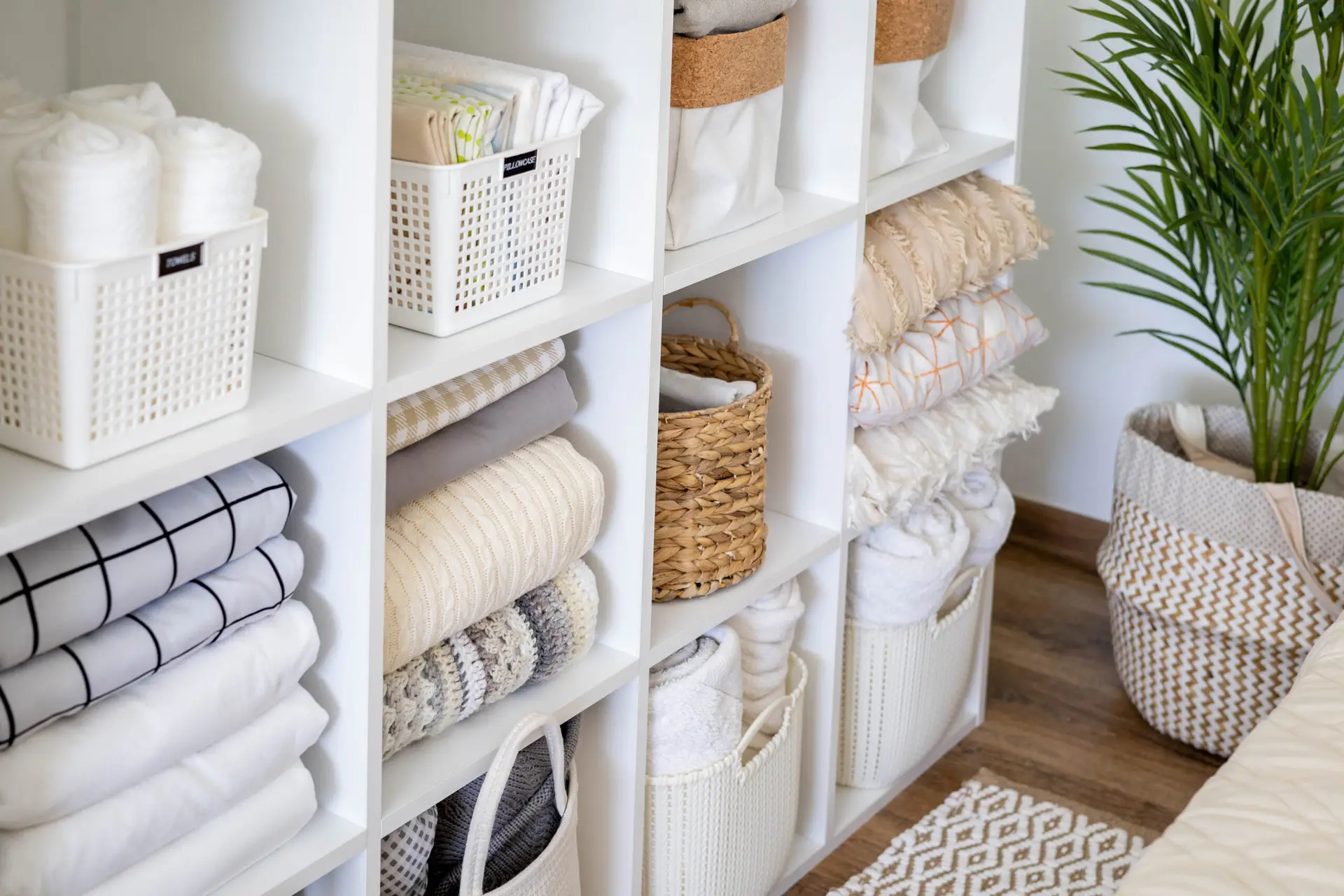🤝 How to Help a Hoarder Without Judgement or Stress

Supporting someone with hoarding disorder can feel overwhelming, but you’re not alone. With empathy, understanding, and practical steps, you can help a hoarder make meaningful changes—without adding stress or shame. 💙
💬 1. Start with Compassionate Conversations
To help a hoarder, begin with empathy. Avoid judgment, ultimatums, or labels. Use gentle “I” statements like “I’m worried about your safety.” Speak with care, and listen more than you talk. 🤗
🧠 2. Understand Hoarding is a Mental Health Condition
Hoarding is not laziness—it’s a mental health disorder, often tied to trauma or anxiety. Knowing this helps you offer support without judgment. 🧠❤️
🔒 3. Build Trust Before You Offer to Help
Trust comes before change. Don’t rush. Ask, “What items are most meaningful to you?” Help a hoarder feel seen, not controlled. 🕊️
📸 4. Prioritize Safety, Not Perfection
Instead of aiming for a spotless home, start with hazards like blocked exits or fire risks. This shows care, not criticism. 🔥
📱 5. Use Discreet Digital Support Tools
Our free mobile app offers CBT tools, motivation, and even AI clutter detection. It’s private, pressure-free, and empowering. 📲
💪 6. Help with Boundaries
Offer support like “Shall we try clearing this corner together?” Set boundaries and avoid taking over. Respect gives better results. 🔄
🎓 7. Suggest Professional Help Gently
Normalize therapy or expert help: “Many people need support, even for small steps.” Don’t push—invite. 🧑⚕️
📞 8. Know When to Involve Experts
If there are serious health or safety issues, it’s time to act. Contact housing officers or reach out to our trained hoarding support team. 🛠️
🌱 You’re Not Alone — We’re Here to Help
You’re doing something incredible by showing up for someone with hoarding disorder. Let our community support you too. 💚
Visit our homepage or join as a member for access to resources, guidance, and real-time support.
